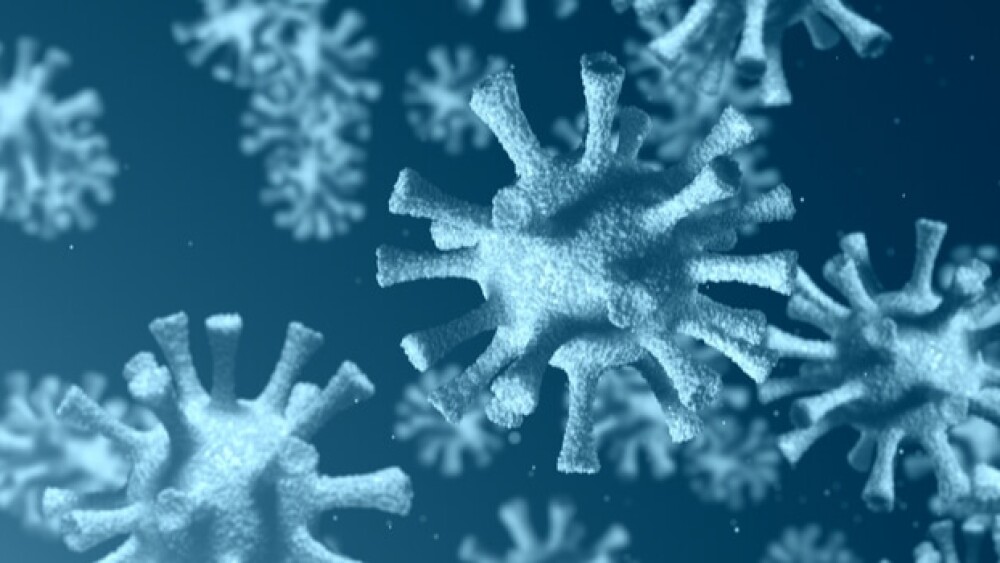How long do antibodies against SARS-CoV-2, the novel coronavirus that causes the disease, last? And if they are gone, is your immune system still able to offer protection against getting infected again?
It is one of the big questions during the COVID-19 pandemic. How long do antibodies against SARS-CoV-2, the novel coronavirus that causes the disease, last? And if they are gone, is your immune system still able to offer protection against getting infected again?
New research published in The New England Journal of Medicine suggests that the antibodies developed after a mild infection decay and disappear within a few months. However, they may still offer protection.
“Infection with this coronavirus does not necessarily generate lifetime immunity,” said Buddy Creech, an infectious disease specialist at Vanderbilt University who was not involved in the study. But he told AP, antibodies are not the whole story. The immune system does remember how to make new antibodies when needed and other parts of the immune system are in play as well.
The research was published by investigators at the David Geffen School of Medicine at University of California, Los Angeles and published as a letter. In their research, they confirmed infection in 30 out of 34 participants using a PCR assay. The four others had symptoms consistent with COVID-19 and lived with people who were known to have the disease but were not tested due to mild illness and limited testing availability. Most had mild disease, with two receiving low-flow supplemental oxygen and CytoDyn’s leronlimab, a CCR5 antagonist. They did not receive Gilead Sciences’ remdesivir. The mean age was 43 years, there were 20 women and 14 men.
Of the 34 participants, 31 had two serial measurements of IgG levels, with the three others having three serial measurements. The first evaluation was taken at a mean of 37 days after onset of symptoms, ranging from 18 to 65 days. The final measurements were taken at a mean of 86 days after the onset of symptoms ranging from 44 to 119 days.
The antibodies, they found, had a half-life of 73 days. That means that half of the antibodies would be gone at 73 days. This was consistent with research out of China.
The authors, led by Otto Yang, wrote that the data “call for caution regarding antibody-based ‘immunity passports,’ herd immunity, and perhaps vaccine durability.”
Creech agrees, but notes that other parts of the immune system are involved. B cells manufacture antibodies, but they also develop a memory of how to do it again. “They would get called into action very quickly when there’s a new exposure to the virus,” Creech told AP. “It’s as if they lie dormant, just waiting.”
T cells, another type of immune cell, are also primed to attack the virus if it returns. This is increasingly becoming an important metric in evaluating the effectiveness of potential vaccines against COVID-19.
Alison Criss, an immunologist at the University of Virginia, told AP, that even though circulating antibodies may not last long, what is key to find out is if and how people recreate antibodies if they’re exposed to the COVID-19 virus again and if they protect against another infection. “We also need to know if there is a protective T cell response.”
The authors noted in their letter, “The protective role of antibodies against SARS-CoV-2 is unknown, but these antibodies are usually a reasonable correlate of antiviral immunity, and anti-receptor-binding domain antibody levels correspond to plasma viral neutralizing activity. Given that early antibody decay after acute viral antigenic exposure is approximately exponential, we found antibody loss that was quicker than that reported for SARS-CoV-1, and our findings were more consistent with those of Long et al.”
They refer to a study currently online ahead of print in Nature Medicine that evaluated 37 asymptomatic individuals in the Wanzhou District of China with confirmed COVID-19 infections, but no relevant clinical symptoms in the previous 14 days and during hospitalization.
In the Wanzhou study, they found that the virus-specific IgG levels in this group were significantly lower compared to those analyzed in the symptomatic group in the acute phase of the disease. And as the patients recovered, the asymptomatic patients’ IgG levels and neutralizing antibody levels decreased more quickly than in symptomatic patients. “Forty percent of the asymptomatic individuals became seronegative and 12.9% of the symptomatic group became negative for IgG in the early convalescent phase,” the Long et al. group wrote.
The California group concludes, “Our findings raise concern that humoral immunity against SARS-COV-2 may not be long lasting in persons with mild illness, who compose the majority of persons with COVID-19. It is difficult to extrapolate beyond our observation period of approximately 90 days because it is likely that the decay will decelerate…. Further studies will be needed to define a quantitative protection threshold and rate of decline of antiviral antibodies beyond 90 days.”





